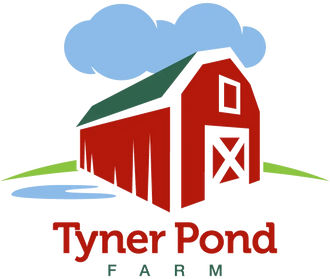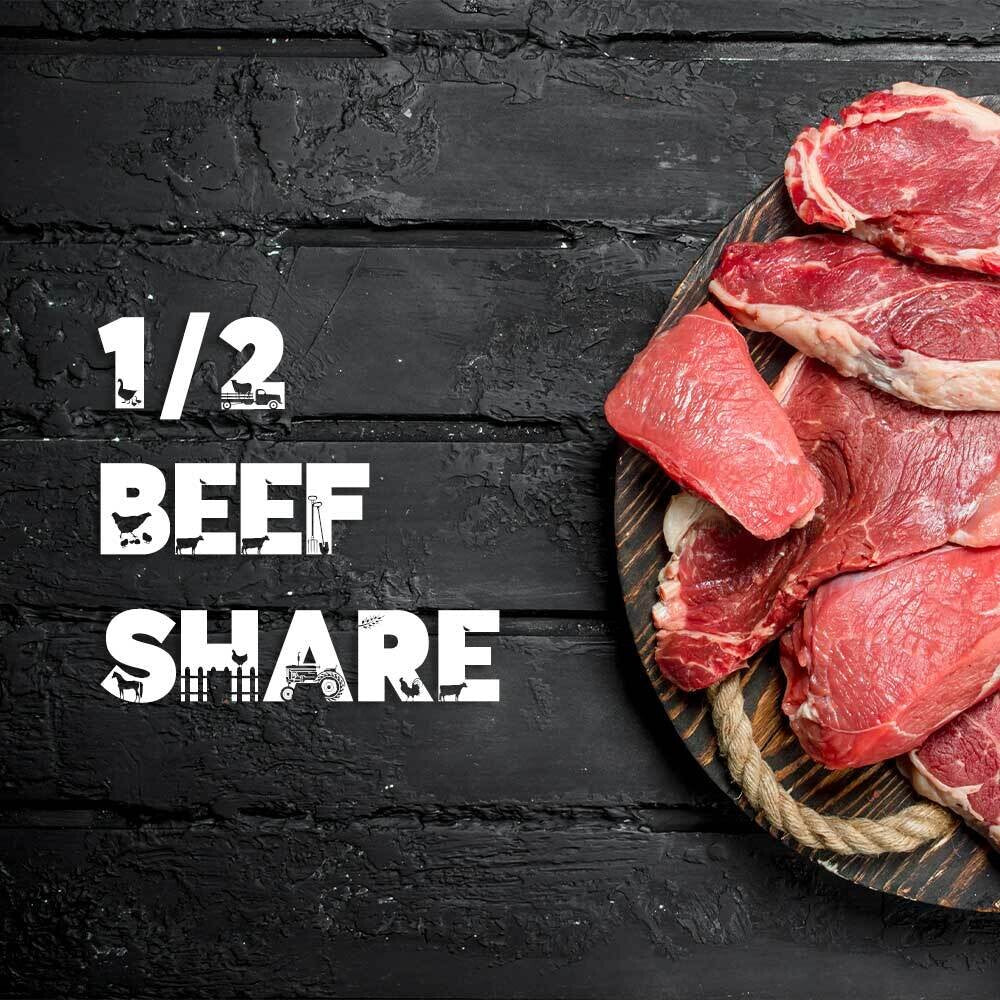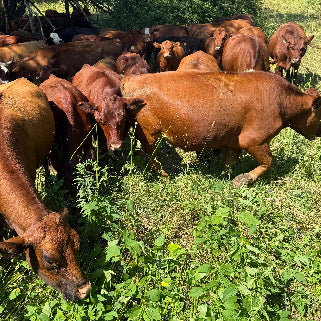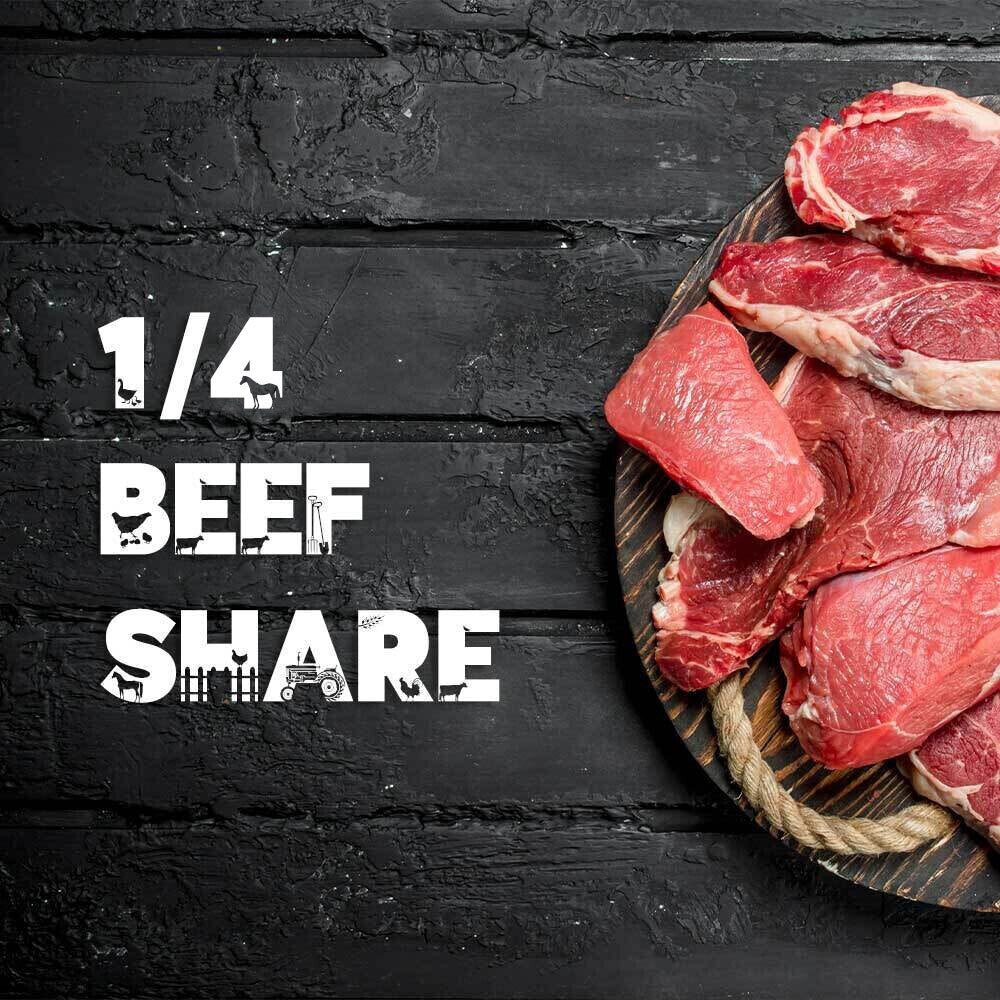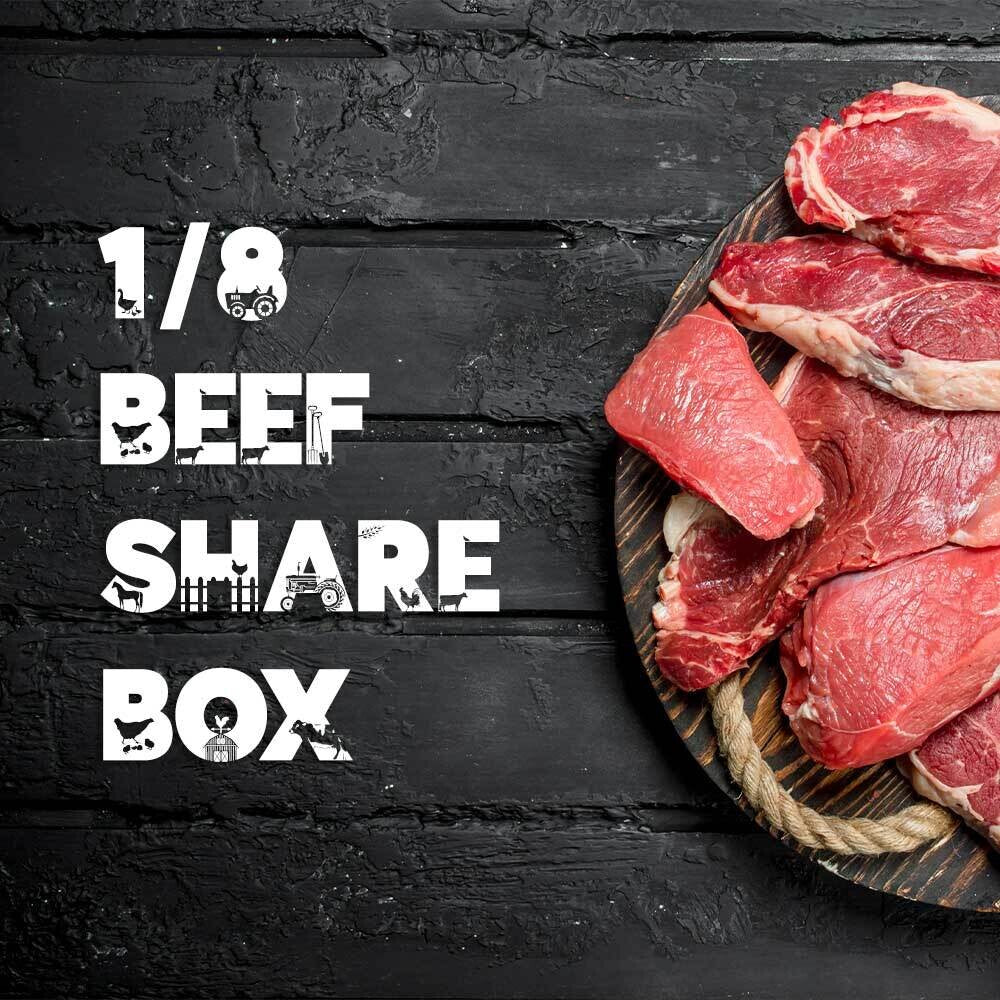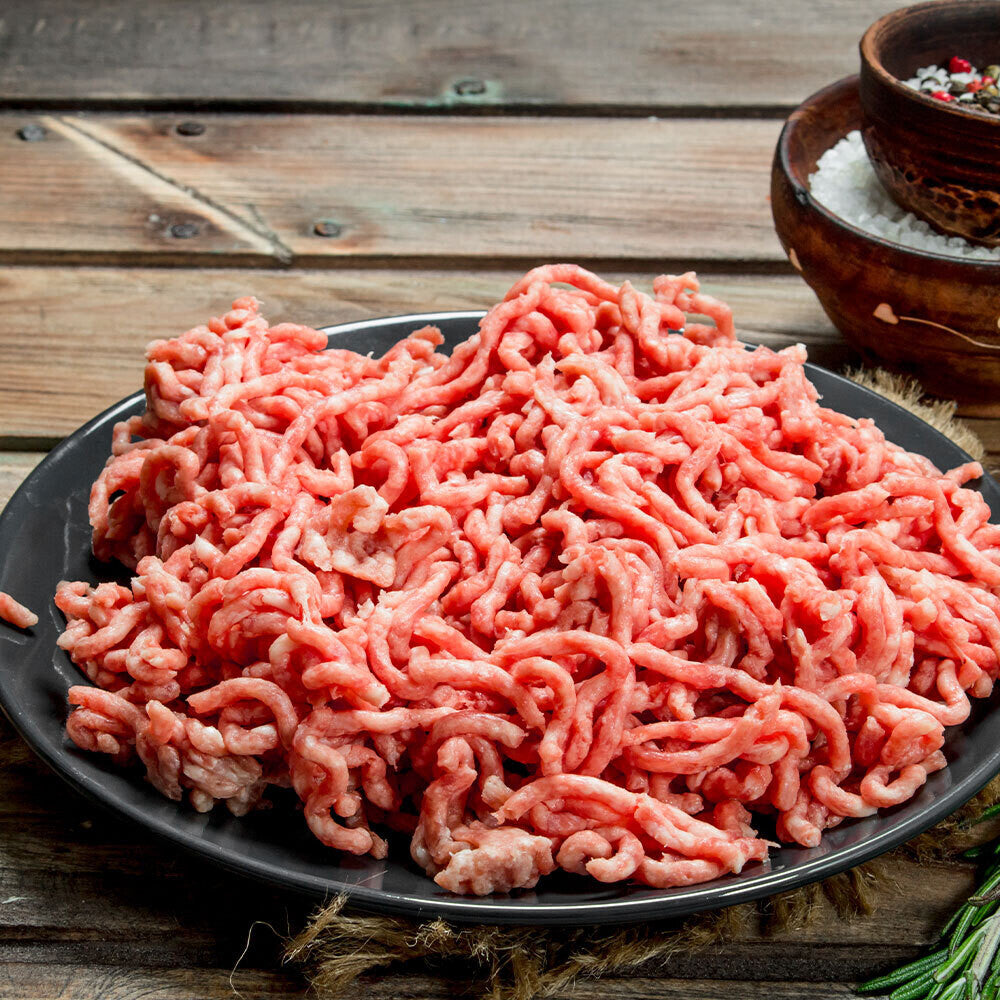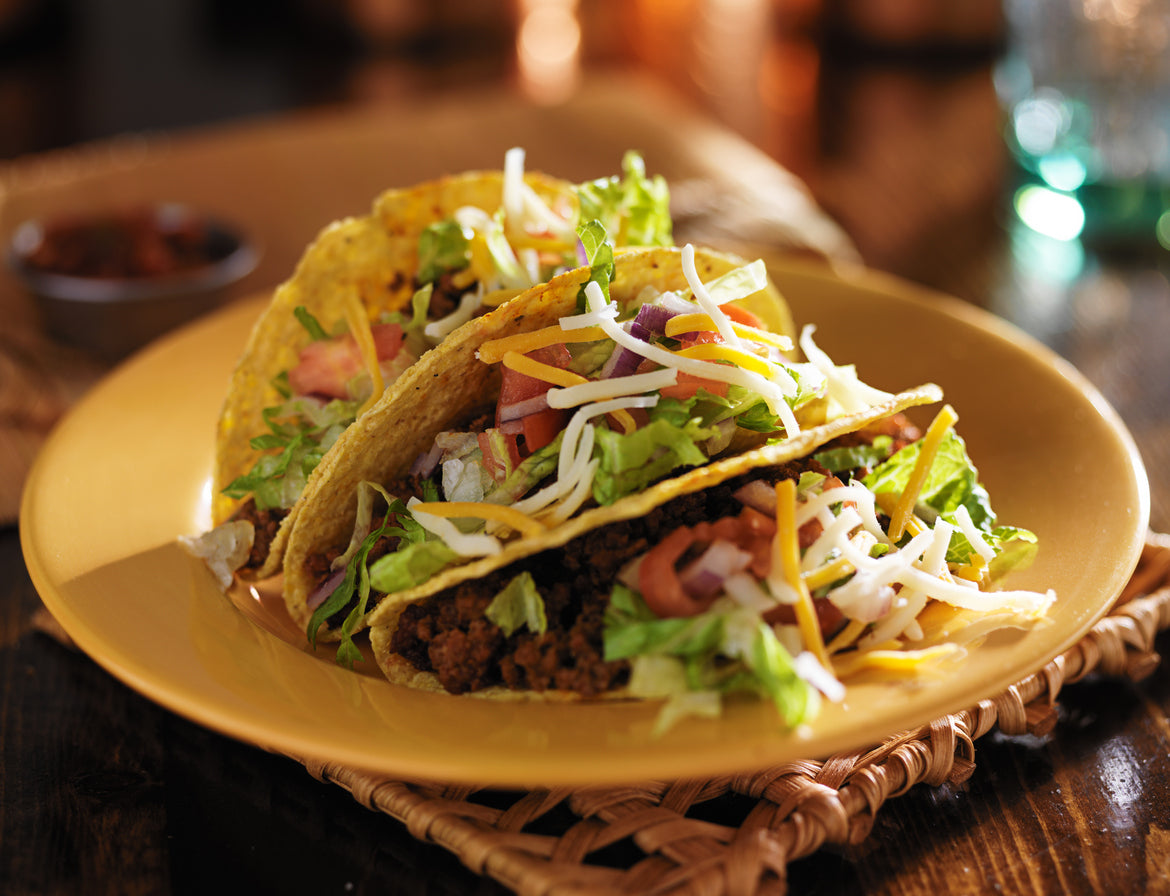
Why True Nutrition Begins in the Soil: Choose Pasture-Raised Chicken for Your Family
Thinking about baby led weaning, or the food you feed your family? When you think about nutrition, it’s easy to focus on the nutrients themselves—vitamins, minerals, proteins. But where do those nutrients come from? For pasture-raised animals, the answer is simple: it starts with the soil. In fact, all nutrition ultimately comes from the earth, whether it’s the grass in the pasture, the vegetables on our plate, or the grains in animal feed.
Yet, there’s a fundamental difference between animals raised on healthy, living soil and those confined to industrial environments. Even chickens raised in confinement are dependent on the soil indirectly, as they eat grains like corn and soy. The problem is that industrial agriculture, which produces these grains in vast quantities, has a devastating impact on soil health. Over time, industrial practices strip the soil of its natural nutrients, leaving it depleted and reliant on chemical inputs.
 Industrial chicken farming keeps poultry in confined, crowded spaces, prioritizing quantity over nutrition.
Here’s where industrial agriculture falls short. To grow the massive quantities of corn, soy, and other grains used in confinement animal feeding, industrial farms rely on practices that degrade the soil. Heavy tilling, monoculture planting, and excessive use of synthetic fertilizers and pesticides all contribute to soil erosion and nutrient loss. The result? Fields that are depleted and biologically barren, producing crops that need to be fortified with synthetic additives just to meet basic nutritional standards.
When chickens (or any animals) are fed on these crops, their diet lacks the depth and diversity of nutrients that naturally come from the soil. Industrial agriculture treats food production like an assembly line, but this approach disrupts the natural cycles that create true nutrition.
Industrial chicken farming keeps poultry in confined, crowded spaces, prioritizing quantity over nutrition.
Here’s where industrial agriculture falls short. To grow the massive quantities of corn, soy, and other grains used in confinement animal feeding, industrial farms rely on practices that degrade the soil. Heavy tilling, monoculture planting, and excessive use of synthetic fertilizers and pesticides all contribute to soil erosion and nutrient loss. The result? Fields that are depleted and biologically barren, producing crops that need to be fortified with synthetic additives just to meet basic nutritional standards.
When chickens (or any animals) are fed on these crops, their diet lacks the depth and diversity of nutrients that naturally come from the soil. Industrial agriculture treats food production like an assembly line, but this approach disrupts the natural cycles that create true nutrition.
 Pasture-raised chickens enjoy open space, fresh air, and natural forage, supporting health and nutrient-rich meat.
Choosing pasture-raised, drug-free chicken means supporting a food system that respects the role of healthy soil in creating nutritious food. At Tyner Pond Farm, our chickens are raised in a way that allows them to access the full spectrum of nutrients found in the earth. They are drug-free because they don’t need antibiotics or growth enhancers; they’re healthy from the start because their environment and diet support natural health.
Even at stores like Whole Foods, much of the “organic” or “free-range” chicken doesn’t meet these standards. Organic may mean no synthetic pesticides or antibiotics, but it doesn’t mean pasture-raised or soil-based. Organic chickens in these stores may still spend their lives indoors, eating an industrially grown diet. For those choosing baby-led weaning, this difference is essential; pasture-raised chicken provides nutrients in their most complete and bioavailable forms, directly from the earth.
Pasture-raised chickens enjoy open space, fresh air, and natural forage, supporting health and nutrient-rich meat.
Choosing pasture-raised, drug-free chicken means supporting a food system that respects the role of healthy soil in creating nutritious food. At Tyner Pond Farm, our chickens are raised in a way that allows them to access the full spectrum of nutrients found in the earth. They are drug-free because they don’t need antibiotics or growth enhancers; they’re healthy from the start because their environment and diet support natural health.
Even at stores like Whole Foods, much of the “organic” or “free-range” chicken doesn’t meet these standards. Organic may mean no synthetic pesticides or antibiotics, but it doesn’t mean pasture-raised or soil-based. Organic chickens in these stores may still spend their lives indoors, eating an industrially grown diet. For those choosing baby-led weaning, this difference is essential; pasture-raised chicken provides nutrients in their most complete and bioavailable forms, directly from the earth.
Why Soil Health Matters for Your Family’s Health
The soil is more than just dirt; it’s a complex web of life filled with microbes, minerals, and organic matter that forms the basis of all food. When soil is healthy, it creates plants rich in nutrients, which in turn produce animals—and food—that are naturally more nutritious. This is what pasture-raised chickens thrive on. At Tyner Pond Farm, our chickens spend their days foraging on pasture, pecking at grass, insects, and the nutrient-rich soil itself. They absorb a spectrum of nutrients that you simply can’t replicate in an industrial system. In contrast, when chickens are confined and fed an industrial diet, they lack access to this diverse, nutrient-dense diet. Instead, they’re often fed grains grown on depleted, heavily sprayed fields. These grains may keep animals fed, but they don’t provide the range of nutrients found in a truly natural, soil-based diet. This difference in the foundation of their nutrition affects what ends up on your table—and ultimately, what you’re feeding your family.The Nutritional Impact of Pasture-Raised Chicken
When you choose pasture-raised chicken, you’re choosing food that’s naturally enriched by the soil. Here’s how that translates into tangible benefits:- Omega-3 Fatty Acids Chickens that forage on pasture eat a diet that supports higher levels of omega-3 fatty acids, essential for brain development and immune health. Industrially raised chickens fed on corn and soy have much lower levels of omega-3s, which can leave a nutritional gap, especially for growing children.
- Vitamin A and E Pasture-raised chickens naturally produce higher levels of vitamins A and E, which are crucial for vision, immune health, and cell protection. These nutrients come from a diet rooted in diverse forage and soil health—something factory-raised chickens simply don’t receive.
- Iron and B12 Iron and B12 are critical for red blood cell formation and energy levels. Pasture-raised chickens have access to natural sources of these nutrients through their contact with soil organisms and insects, providing a more complete nutritional profile than industrial chicken.
- Choline Choline, essential for brain development, is found in higher levels in pasture-raised chickens. While many turn to supplements, pasture-raised chicken offers a natural, food-based source, ideal for babies just starting out with solid foods.
The Problem with Industrial Agriculture and Soil Depletion
 Industrial chicken farming keeps poultry in confined, crowded spaces, prioritizing quantity over nutrition.
Here’s where industrial agriculture falls short. To grow the massive quantities of corn, soy, and other grains used in confinement animal feeding, industrial farms rely on practices that degrade the soil. Heavy tilling, monoculture planting, and excessive use of synthetic fertilizers and pesticides all contribute to soil erosion and nutrient loss. The result? Fields that are depleted and biologically barren, producing crops that need to be fortified with synthetic additives just to meet basic nutritional standards.
When chickens (or any animals) are fed on these crops, their diet lacks the depth and diversity of nutrients that naturally come from the soil. Industrial agriculture treats food production like an assembly line, but this approach disrupts the natural cycles that create true nutrition.
Industrial chicken farming keeps poultry in confined, crowded spaces, prioritizing quantity over nutrition.
Here’s where industrial agriculture falls short. To grow the massive quantities of corn, soy, and other grains used in confinement animal feeding, industrial farms rely on practices that degrade the soil. Heavy tilling, monoculture planting, and excessive use of synthetic fertilizers and pesticides all contribute to soil erosion and nutrient loss. The result? Fields that are depleted and biologically barren, producing crops that need to be fortified with synthetic additives just to meet basic nutritional standards.
When chickens (or any animals) are fed on these crops, their diet lacks the depth and diversity of nutrients that naturally come from the soil. Industrial agriculture treats food production like an assembly line, but this approach disrupts the natural cycles that create true nutrition.
Why Pasture-Raised, Drug-Free Chicken is the Better Choice
 Pasture-raised chickens enjoy open space, fresh air, and natural forage, supporting health and nutrient-rich meat.
Choosing pasture-raised, drug-free chicken means supporting a food system that respects the role of healthy soil in creating nutritious food. At Tyner Pond Farm, our chickens are raised in a way that allows them to access the full spectrum of nutrients found in the earth. They are drug-free because they don’t need antibiotics or growth enhancers; they’re healthy from the start because their environment and diet support natural health.
Even at stores like Whole Foods, much of the “organic” or “free-range” chicken doesn’t meet these standards. Organic may mean no synthetic pesticides or antibiotics, but it doesn’t mean pasture-raised or soil-based. Organic chickens in these stores may still spend their lives indoors, eating an industrially grown diet. For those choosing baby-led weaning, this difference is essential; pasture-raised chicken provides nutrients in their most complete and bioavailable forms, directly from the earth.
Pasture-raised chickens enjoy open space, fresh air, and natural forage, supporting health and nutrient-rich meat.
Choosing pasture-raised, drug-free chicken means supporting a food system that respects the role of healthy soil in creating nutritious food. At Tyner Pond Farm, our chickens are raised in a way that allows them to access the full spectrum of nutrients found in the earth. They are drug-free because they don’t need antibiotics or growth enhancers; they’re healthy from the start because their environment and diet support natural health.
Even at stores like Whole Foods, much of the “organic” or “free-range” chicken doesn’t meet these standards. Organic may mean no synthetic pesticides or antibiotics, but it doesn’t mean pasture-raised or soil-based. Organic chickens in these stores may still spend their lives indoors, eating an industrially grown diet. For those choosing baby-led weaning, this difference is essential; pasture-raised chicken provides nutrients in their most complete and bioavailable forms, directly from the earth.
How to Incorporate Pasture-Raised Chicken into Baby’s Diet
Pasture-raised chicken is versatile and perfect for baby-led weaning, offering a naturally balanced nutrition profile that supports healthy growth. Here are a few ideas: Shredded Chicken: Roast or slow-cook a whole chicken and shred it into soft, manageable pieces for babies to explore. Bone Broth: Use the bones to make a mineral-rich broth, perfect for adding flavor and nutrition to drinks purees or soups. Simple Ground Chicken: Ground pasture-raised chicken can be made into small, baby-friendly patties for easy handling.Investing in Soil-Based Nutrition for Your Family’s Future
True nutrition starts from the ground up. When you choose pasture-raised chicken, you’re choosing a product that reflects the richness of healthy soil, free from the shortcuts and depletion of industrial systems. It’s a choice that ensures your family—especially growing babies—receives nutrients in their most natural form. And by supporting pasture-raised, regenerative farming, you’re also investing in soil health, which is the foundation of all food and, ultimately, our health. This connection between soil and nutrition is often overlooked in the grocery store, where labels like “organic” and “free-range” can mask the industrial processes behind them. But at Tyner Pond Farm, we’re committed to providing truly pasture-raised chicken that is as close to nature as possible. It’s a commitment to nourishing your family from the ground up, one meal at a time.
Tags:
Previous post
Healthy, Easy Chicken Liver Pate' Recipe
Next post
